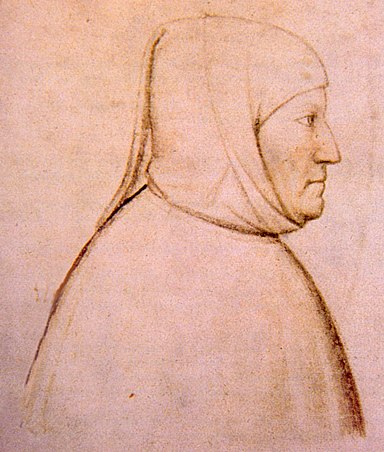MAY 17, 2020 – Often I dream about the book I’m currently reading. I fully anticipate this when I’m reading—“What part of this book, what scene, what subplot, what character will wend its way into my dreams tonight?” And then some weird and whacky version of the book does, in fact . . . er, in fantasy . . . wind up in my dream sequence.
Late last night I was reading about Petrarch and Boccaccio (and supporting actors) in Volume V, The Renaissance, of Will and Ariel Durant’s 11-volume summa opus, The Story of Civilization. I just knew that in one shape or another, these characters and the Papacy in Avignon, the revolution of Cola di Rienzo in Rome or any number of other aspects of the early Renaissance would influence my mental meanderings during the night’s slumber ahead.
But no! Who should appear? Elon Musk! Now here’s the really strange part: while I was experiencing the dream, I said to self, “Hey, wouldn’t this make a great topic for a blog post!”
For the record, I’m no fan or follower of Elon Musk. Occasionally I’ll encounter mention of him in the news, usually in regard to some oddball endeavor funded by his apparent over-the-top resources. From what I can gather in passing, he has a number of psychological or psychiatric issues.
Nevertheless, in the dream I was duly (“unduly”?) nervous to find myself in the presence of such a notable character. The setting was some kind of business-incubator office in which entrepreneurs had set up shop. Mr. Musk was on hand to hear their pitches for investment capital. Somehow I was among them.
My idea was a homemade rocket kit made out of large coffee cans, soldered fins, and plenty of lighter fluid (all, by the way, being materials I’d encountered in the course of my month-long Garage Clean-up Project). I kid you not.
I kept being interrupted by Mr. Musk, who himself kept being interrupted by phone calls, text messages, and on-hand assistants bearing urgent requests, questions, and other information. Every five seconds he checked the time. What I got out of all this was that a super-entrepreneur’s most precious commodity was time.
Because of the gravity of demands on Mr. Musk’s time and attention, my pitch for the coffee can rocket kit didn’t get off the ground, so to speak. In the brief segments when he was focused on my pitch, he expressed initial skepticism, then outright criticism. “How do you know the rocket will actually fly?” he asked.
Given his own rocket experiments, he would be the one to press such a question. I couldn’t conjure up a satisfactory answer—even in my dreams.
Mr. Musk checked his watch again and said, “I’ve gotta be going.” He turned to an assistant for directions to his next appointment. Left to my own devices—and coffee cans—I abandoned the project and asked passers-by if they’d seen Petrarch or Boccaccio. No one had. I decided it was time to . . .
. . . wake up.
By the way, the image is of Petrarch, not Musk, sketched by Altichiero (1330 – 1390).
(Remember to subscribe to this blog and receive notifications of new posts by email.)
© 2020 by Eric Nilsson
